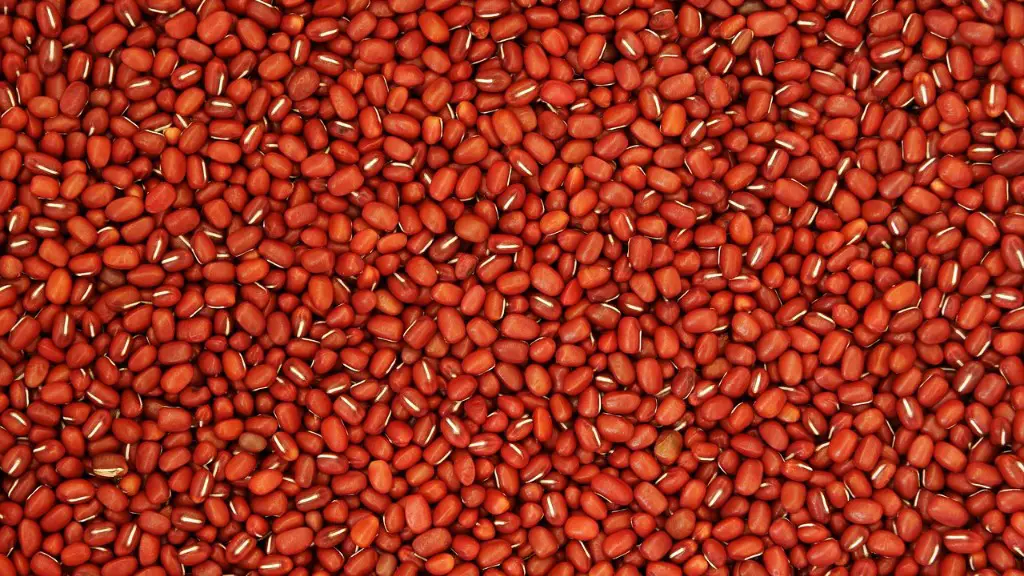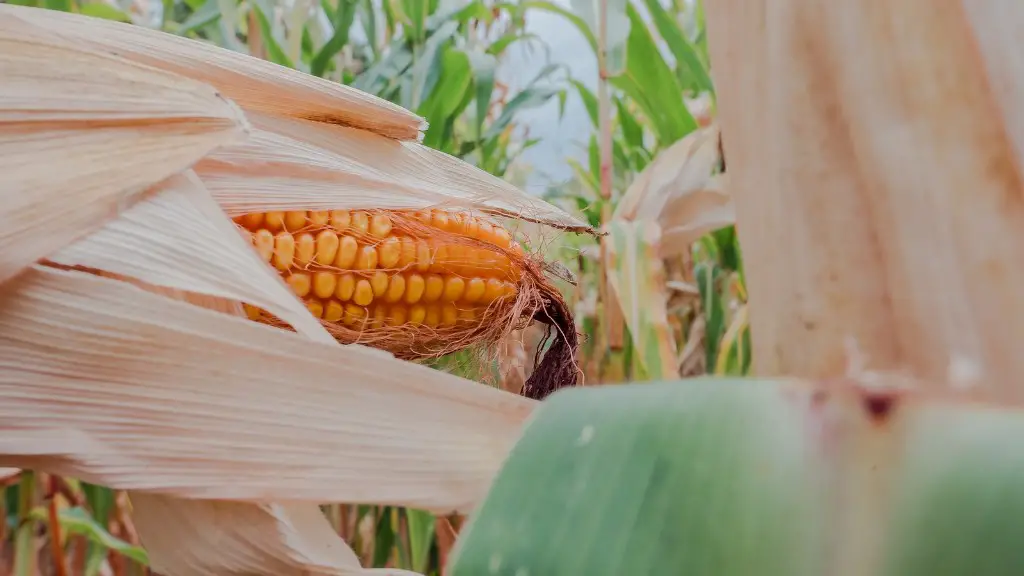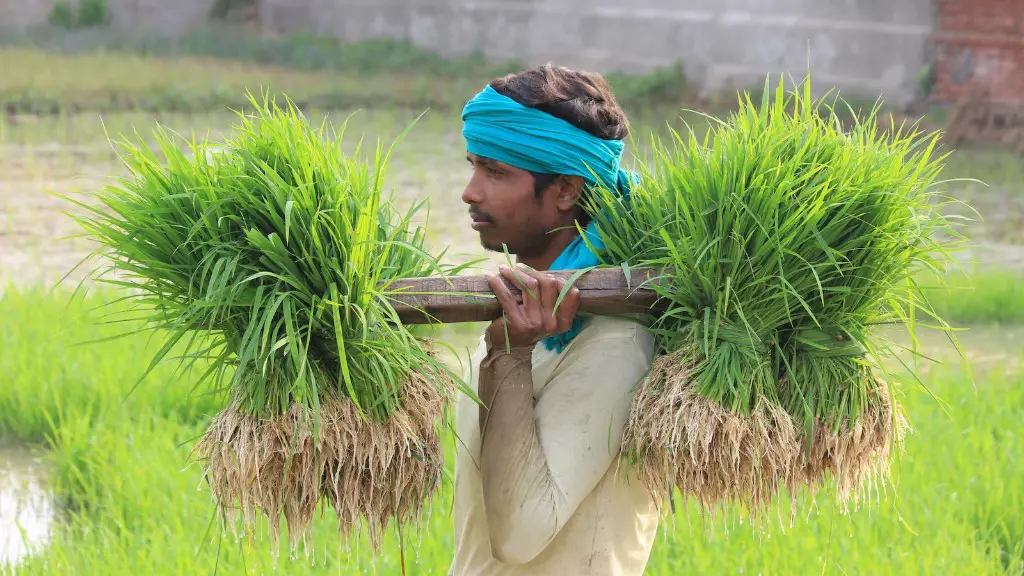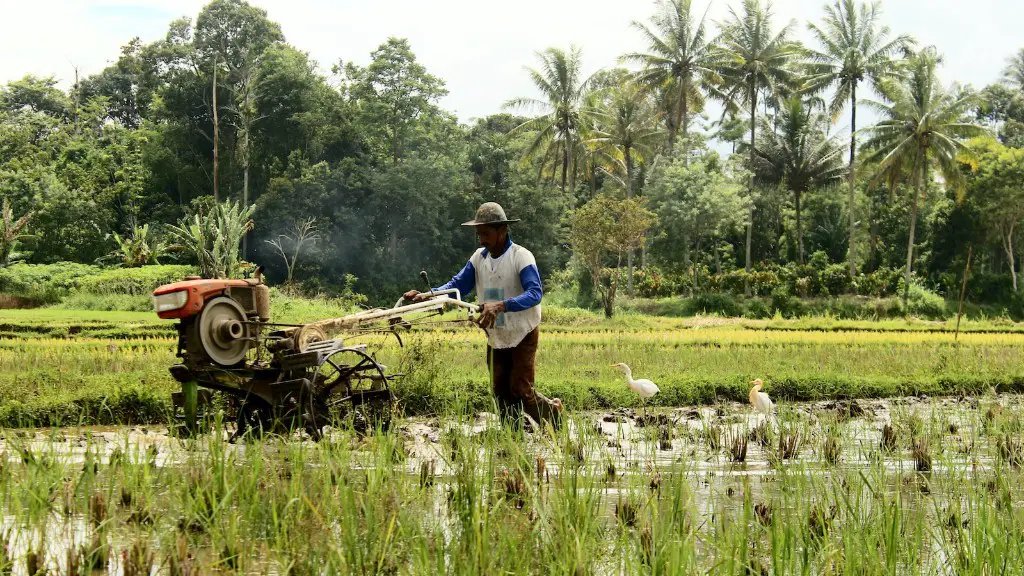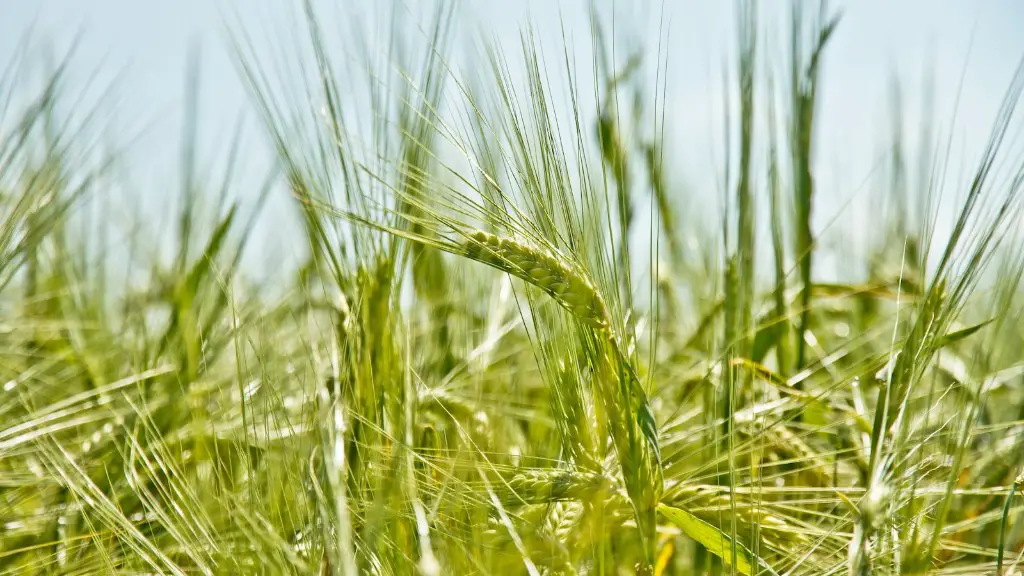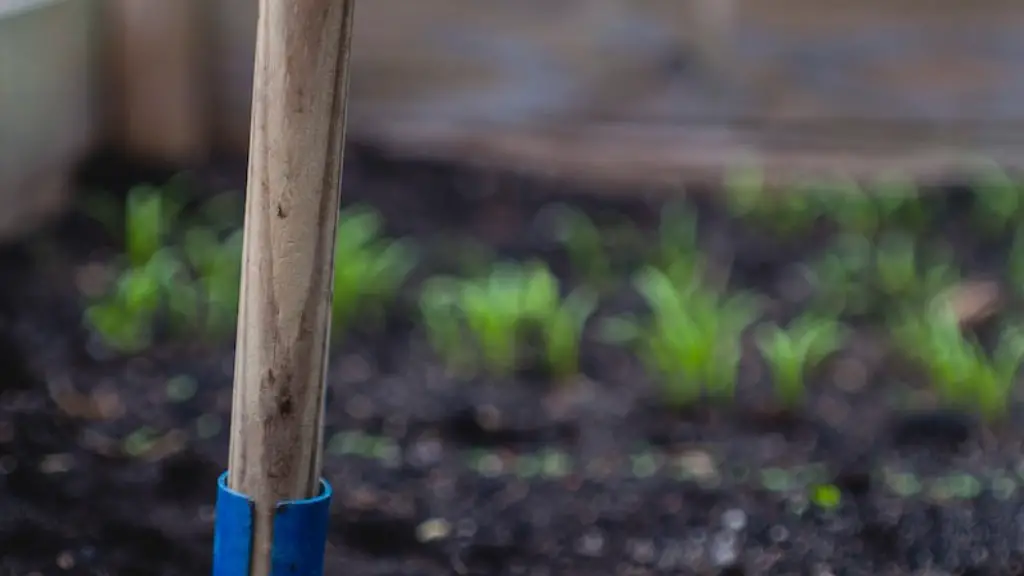The use of DNA technology in agriculture has revolutionized the way we grow crops and raise livestock. By understanding the genetic makeup of plants and animals, we can create more efficient and productive systems that use less water, land, and other resources. This career combines the best of both worlds – the science of DNA and the art of agriculture – to help feed the world in a sustainable way.
The career that best combines DNA technology and agriculture is a research scientist. Research scientists use DNA technology to study plant and animal genes to develop new ways to improve crops and livestock. They work with farmers and other agricultural professionals to test and implement their findings.
How is DNA technology used in agriculture?
The device extracts deoxyribonucleic acid, better known as DNA, from plants. DNA is the carrier of genetic information in nearly all living things. The device helps farmers identify what is harming their crops so they can change to more resistant crops.
Paternity testing is a type of DNA testing that can be used to determine the father of a child. This type of testing can be used in a variety of situations, including when the paternity of a child is in question or when someone wants to confirm that they are the father of a child. Paternity testing is also sometimes used in forensic cases, such as when a body is found and the identity of the father is unknown.
What profession deals with DNA
Biological scientists who work with DNA are constantly exploring human genes to discover new information about their function and effect on the human body. By studying DNA, they are able to identify patterns and correlations that can help them understand how certain diseases develop and how they can be treated. Additionally, they can use this information to develop new treatments and therapies that can improve the quality of life for people with various conditions.
Gene technology involves manipulating an organism’s genes to enhance or remove particular qualities/characteristics. Gene technology has the potential to improve crop yields and nutritional value. It can also be used to produce genetically modified (GM) crops, which are crops that have been modified using genetic engineering techniques.
What does biotech do in agriculture?
Agricultural biotechnology is a range of tools that can be used to alter living organisms or parts of organisms to improve plants or animals, or to develop microorganisms for specific agricultural uses. These tools can include traditional breeding techniques, as well as more modern genetic engineering and gene editing techniques.
There are many potential applications of agricultural biotechnology, such as developing crops that are more resistant to pests and diseases, or that can better tolerate environmental stresses like drought. Other possible applications include creating animals with improved growth rates or disease resistance, or developing microorganisms that can help to improve soil health or provide more efficient nutrient uptake for plants.
While agricultural biotechnology has the potential to offer many benefits, it is also a controversial topic. Some people have concerns about the safety of genetically modified organisms (GMOs), and whether or not they should be used in food production. There is also debate about the role of patents and intellectual property rights in relation to agricultural biotechnology.
Biotechnology has been hugely beneficial for agriculture, as it has helped farmers to grow more food with fewer inputs. Genetically modified crops have made it possible to grow plants that are resistant to pests and diseases, and that can tolerate herbicides and other chemicals. This has resulted in increased yields and decreased production costs. Bt cotton, for example, has been a major success story, as it has helped farmers to control pests more effectively and increase their incomes.
Which career combines DNA technology and agriculture Pharmaceuticals paternity testing?
Agricultural biotechnology is a career or profession that combines DNA technology and agriculture. Agricultural biotechnology can be used to develop new crop varieties that are resistant to pests and diseases, or that have improved nutritional content. Agricultural biotechnology can also be used to develop new methods for producing food and animal feed.
Medical genetics is a field of medicine that combines DNA technology and medicine. Clinical geneticists, genetics counselors and clinical laboratory geneticists are some of the job titles involved in medical genetics.
Is DNA part of forensic science
Forensic scientists can use DNA profiles to identify criminals or determine parentage. A DNA profile is like a genetic fingerprint. Every person has a unique DNA profile, making it very useful for identifying people involved in a crime.
DNA analysts working in crime labs typically have a bachelor’s degree in forensic studies, criminalistics, biology or a related field. Those aspiring to work for the Federal Bureau of Investigation are required to have at least a bachelor’s degree in forensic science, genetics or molecular biology.
What should I major in to become a DNA analyst?
Most DNA analysts typically have a Bachelor’s degree in the sciences or have successfully completed courses such as genetics, molecular biology, and biochemistry. Many analysts are also trained in the applications and equipment of forensic science to help them properly analyze DNA samples.
There are many different paths one can take as a DNA analyst. As a research associate, one would be responsible for conducting research and experiments related to DNA. A research scientist would be responsible for designing and conducting experiments, as well as analyzing data. A senior scientist would be responsible for overseeing the work of other scientists and making sure that experiments are designed and conducted properly. A chemist would be responsible for analyzing chemicals and determining their effects on DNA. A laboratory manager would be responsible for managing the day-to-day operations of a DNA lab. A forensic scientist would be responsible for using DNA evidence to solve crimes.
Is genetic engineering good for agriculture
Genetic engineering in agriculture has the potential to increase crop production significantly. Scientists can use genetic engineering to increase crop yields, lower food costs, improve food quality, and increase the medicinal value of crops. This technology has the potential to improve the food security of the world and help to feed the growing population.
DNA extraction is the process of isolating DNA from a sample. DNA can be extracted from cells, viruses, bacteria, and other sources. DNA extraction is a key step in many genetic and molecular biology experiments.
Gene cloning is the process of making multiple copies of a gene. Gene cloning can be done for many reasons, such as to study a gene, to make copies of a gene for use in experiments, or to produce large quantities of a protein.
Gene modification is the process of changing the DNA of a gene. Gene modification can be done to improve the function of a gene, to change the way a gene is expressed, or to delete a gene.
What are examples of genetic engineering in agriculture?
What are GMO crops?
GMO crops are crops that have been genetically modified in a laboratory. Many GMO crops are used to make ingredients that Americans eat, such as cornstarch, corn syrup, corn oil, soybean oil, canola oil, or granulated sugar. Some fresh fruit and vegetables are also available in GMO varieties, including potatoes, summer squash, apples, papayas, and pink pineapples.
GMO crops have been controversial ever since they were first introduced. Some people argue that GMO crops are unsafe to eat and may have negative environmental impacts. Others argue that GMO crops are perfectly safe and can help to improve crop yields and resist pests and diseases.
The verdict is still out on whether or not GMO crops are safe. However, if you are concerned about eating GMO crops, you can always choose to buy organic foods, which are not allowed to contain any GMO ingredients.
Biotechnology is a broad term that covers a wide range of activities and technologies. The main subfields of biotechnology are medical (red) biotechnology, agricultural (green) biotechnology, industrial (white) biotechnology, marine (blue) biotechnology, food biotechnology, and environmental biotechnology (Fig 11).
Medical biotechnology is concerned with the use of living cells and tissue to treat or prevent disease. This includes the development of new drugs and vaccines, as well as the use of gene therapy to treat disease.
Agricultural biotechnology is concerned with the use of living organisms to improve the yield or quality of crops. This may involve the development of new strains of plants that are resistant to pests or diseases, or that are more tolerant of adverse environmental conditions.
Industrial biotechnology is concerned with the use of living organisms to produce chemicals and other materials for use in industry. This includes the production of enzymes for use in detergents and food processing, as well as the production of biofuels.
Marine biotechnology is concerned with the use of living organisms from the marine environment to produce products for use in medicine, industry, or agriculture. This includes the cultivation of marine microorganisms for the production of pharmaceuticals
Warp Up
The career that combines DNA technology and agriculture is a biologist.
A career that combines DNA technology and agriculture may be a perfect fit for someone interested in both fields. With this career, they would be able to use their knowledge of DNA to help improve crops and also work with farmers to help them grow healthier and more bountiful crops. This career would allow them to use their skills in both areas to make a real difference in the world.
